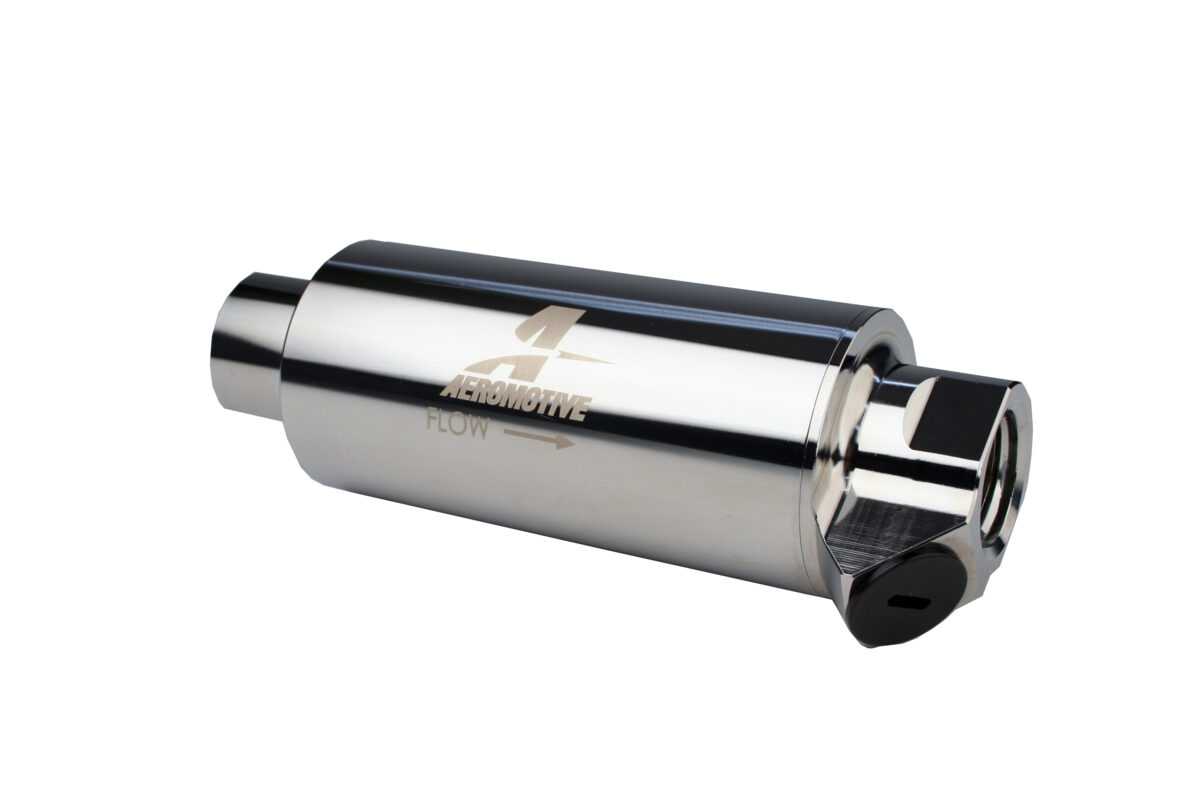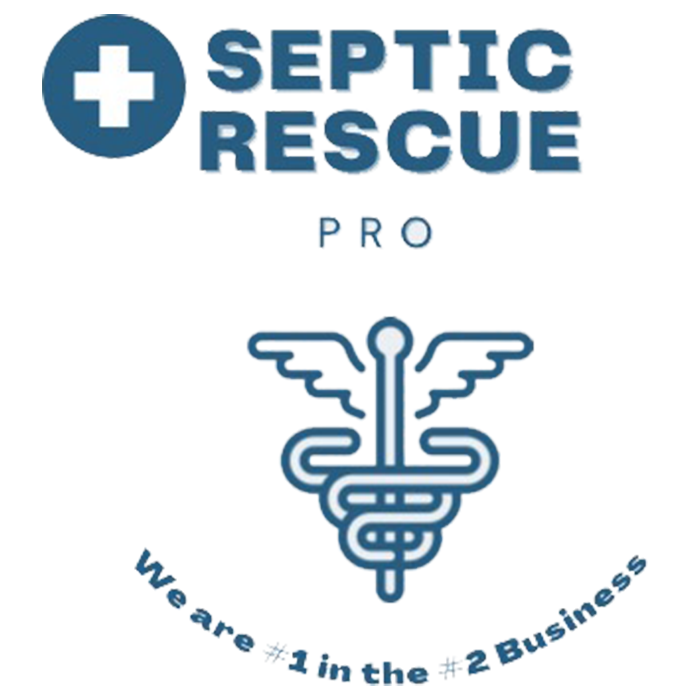Only use biodegradable soaps and cleaning products
Other types of products can be harmful to the septic system or cause permanent damage. Look for “environmentally safe” or “septic system safe” products; these are usually phosphorus free.
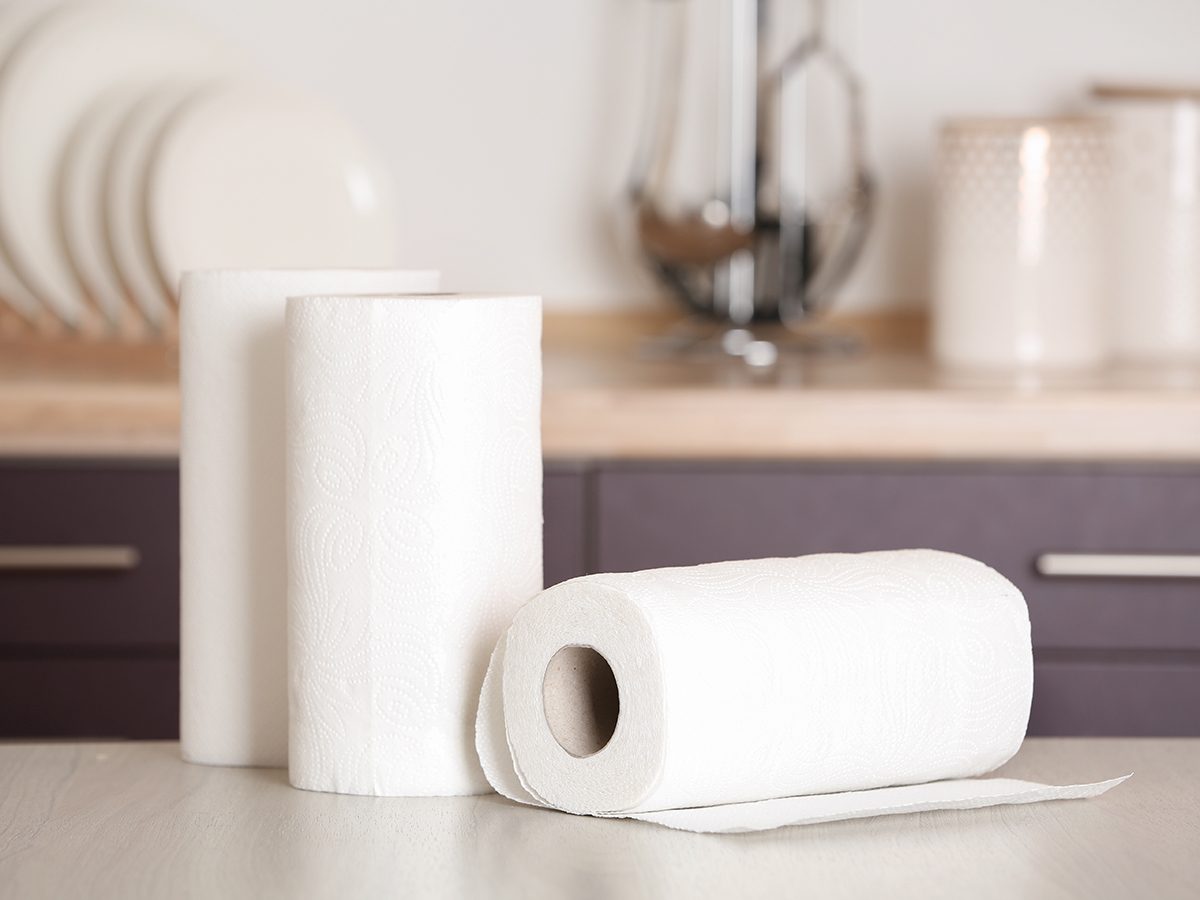
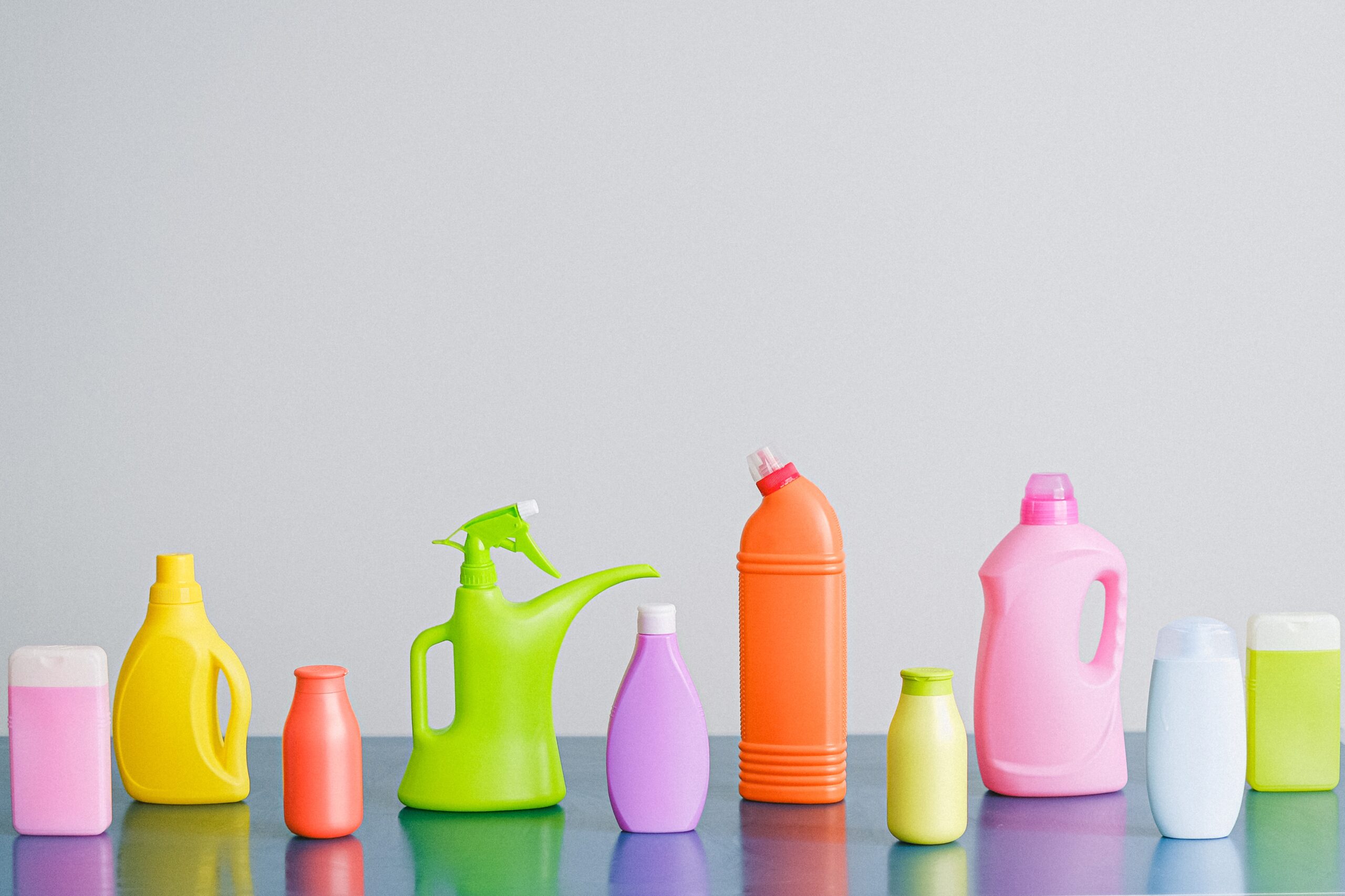
Do not pour harmful chemicals or cleaning products down drains.
Never allow toxic chemicals to enter the septic system; these kill the much needed bacteria contained therein. Examples include: Paint Thinner, Gasoline (fuel), Pesticides, Drain Cleaners, Bleach, etc.
Never send flushable wipes down the toilet
Use toilet paper that is labeled as “septic system safe” or “biodegradable”. Not to be confused with recycled materials or packaging within the product. Any items sent down the toilet must break down naturally.
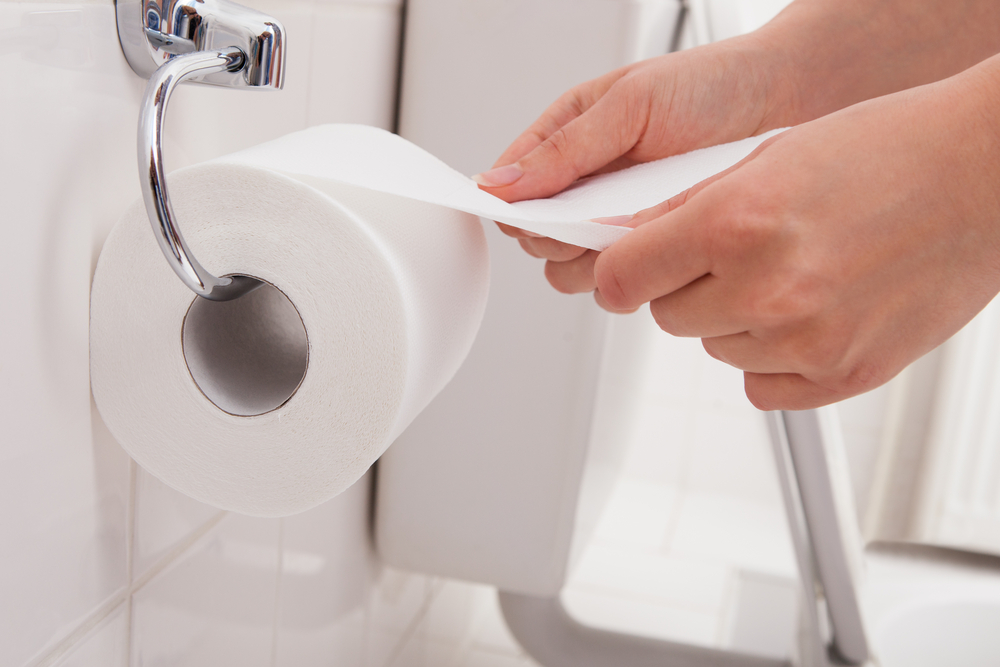
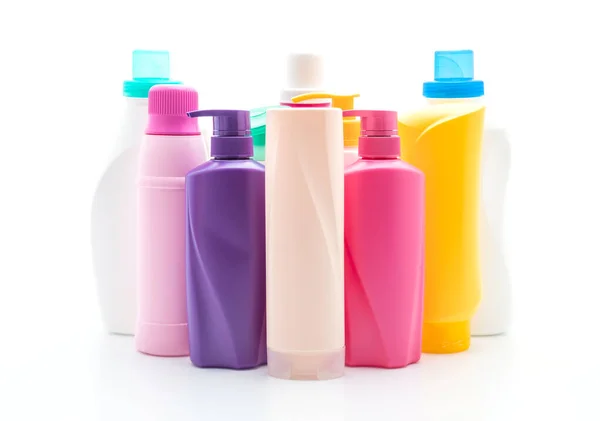
Never flush any plastics or personal hygiene products down the toilet
Plastics or most personal hygiene products are not biodegradable. They will accumulate in the septic system over time. Septic systems are filters.
Prevent any cooking fat/oil/grease
The bacteria present in your septic system has a hard time breaking FOGs (fats/oils/greases) down. In a liquid form at room temperature, FOGs solidify in the septic system. Cause permanent damage. Use a can or jar to contain these items.
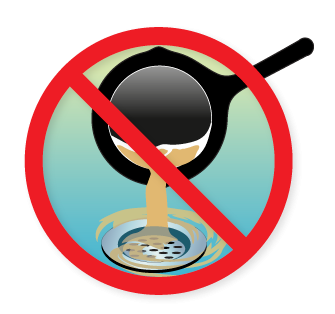
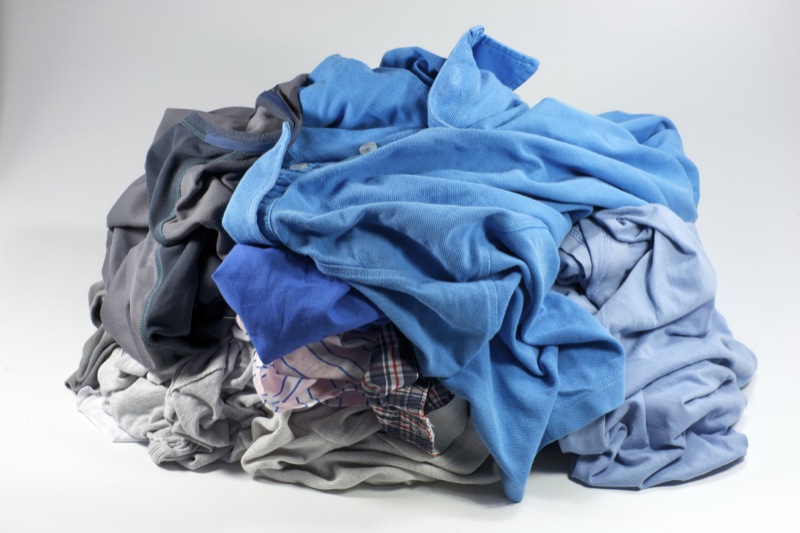
Spread out water usage
Your septic system would perform much better if it takes in small amounts of water throughout the day. Do not introduce large amounts of water to it all at once.
Do not use a garbage disposal
Introduces large amounts of solids into the system which bacteria are incapable of breaking down. They tend to grind the food particles small enough where they can pass through the septic tank and head directly into the soil absorption system. Causes permanent damage.
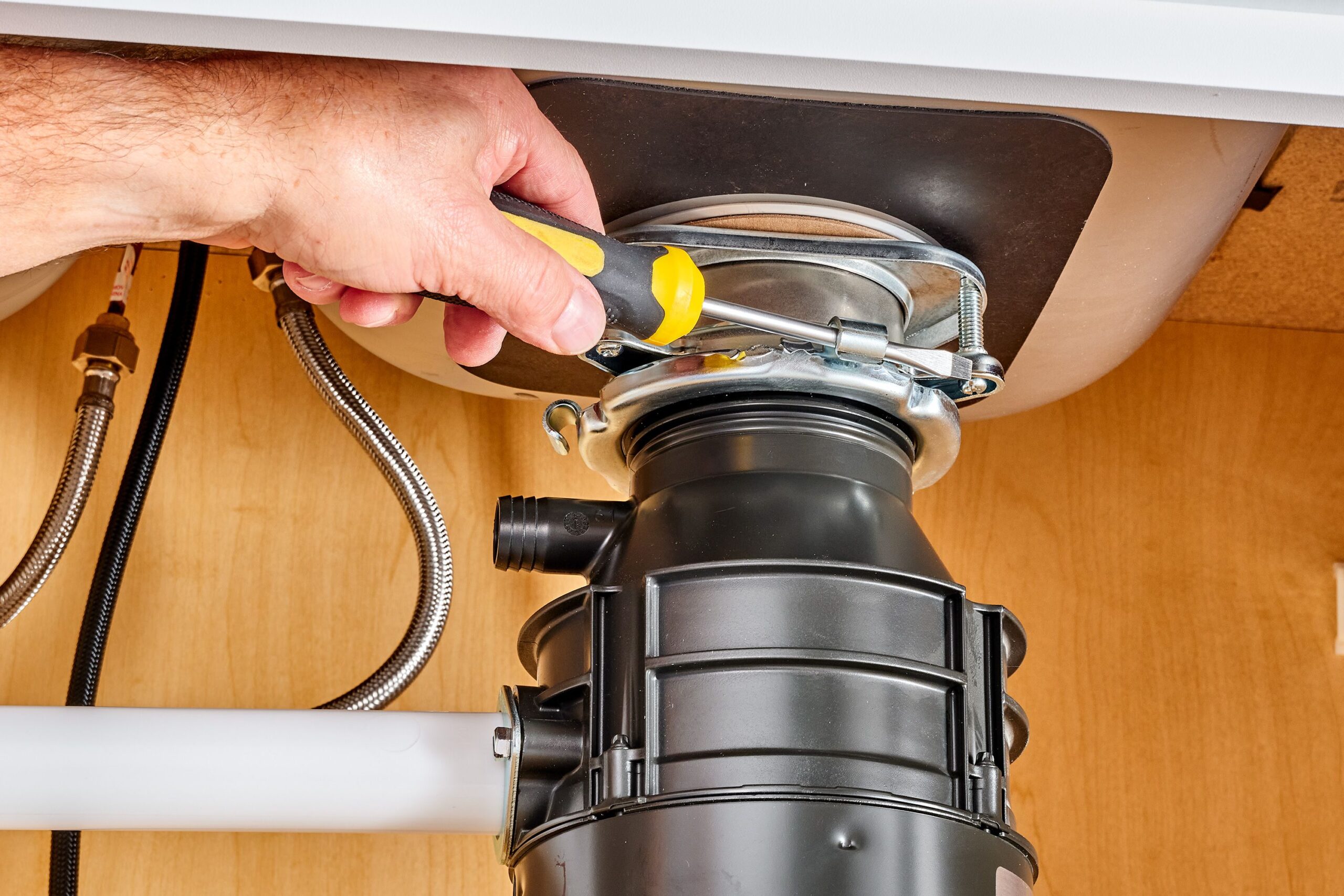
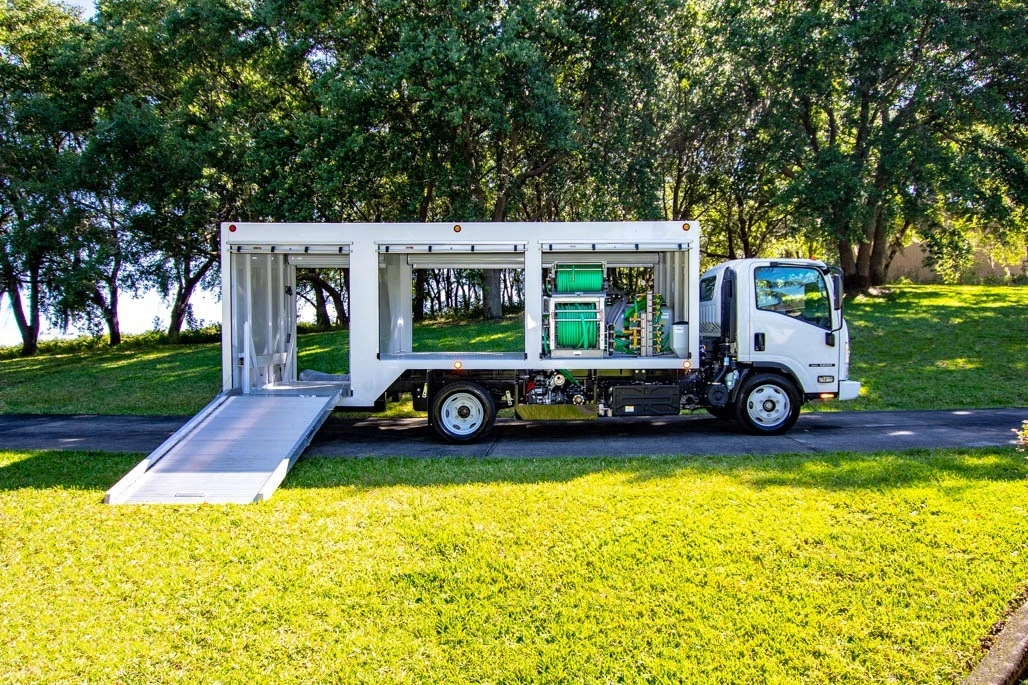
Do not drive vehicles/trucks over the septic system.
Anything bigger than a riding lawnmower could cause compaction of soil. Minimizes the septic systems absorption capacity. System components could be compromised due to the weight. Some septic systems are specifically designed for vehicle traffic (H-20 systems).
Outlet filter maintenance is key
Some tanks are equipped with an outlet filter. These should be cleaned every 6 months or as needed. Cleaning these prevents the sewage
